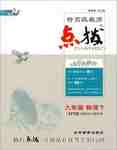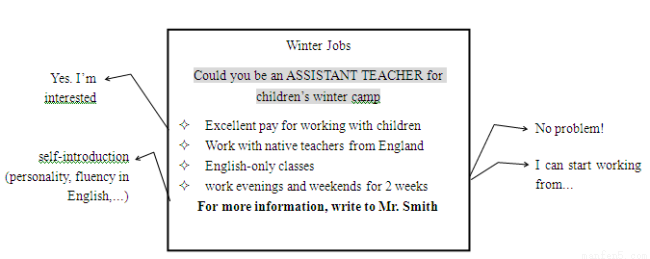题目内容
--- Have you heard of China’s ________ for the 2026 World Cup?
--- It’s not officially confirmed yet.
A. effort B. bid C. affection D. draft
B
【解析】
试题解析:考查动词短语搭配,A. effort for为……努力;B. bid for许诺获得支持;C. affection影响;D draft on/upon只去,需要;句意:你听说中国已经成功申请2026年的世界杯了吗?官方还没有确认。故选B。
考点:考查动词短语。

练习册系列答案
 特高级教师点拨系列答案
特高级教师点拨系列答案 文敬图书课时先锋系列答案
文敬图书课时先锋系列答案
相关题目
